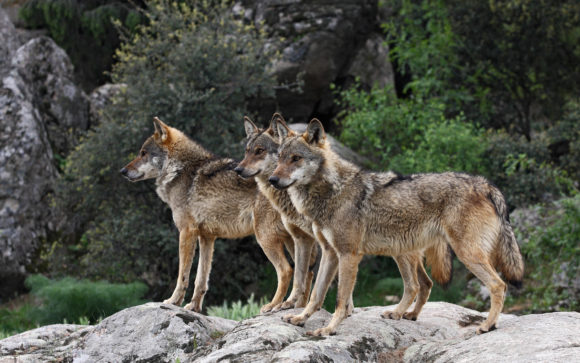De-Lousing is De-Lovely?
Apparently, in the old days, even lice combs were made to be beautiful…
From Atlas Obscura,
Some of History’s Most Beautiful Combs Were Made for Lice Removal
Delousing can be delightful.
by Ella Morton
Thirty years ago, parasitologist Kostas Mumcuoglu and anthropologist Joseph Zias were examining a first-century hair comb excavated from the West Bank when they found a surprise lurking in its fine teeth: 10 head lice and 27 louse eggs.
With their “interest in lice having been aroused,” they later wrote, they began to look more closely at some other ancient combs that had recently been excavated. To their delight, eight of the 11 combs unearthed in the Judean Desert contained lice, eggs, or both.
The presence of these parasites was a major shake-up. “We had assumed that combs were used almost exclusively for cosmetic purposes,” they wrote in their report. “Now it appears that they were also used as de-lousing implements. Indeed, the combs we examined appear to have been designed specifically for de-lousing.”…
For the rest, click here.
Share


